President Trump's administration has taken a series of actions aimed at exerting greater control over the Western Hemisphere, a move that has been dubbed the "Donroe Doctrine" by some critics. The actions include bombing boats from South America, stationing the world's largest aircraft carrier in the Caribbean, and exploring military options against Venezuela's autocratic leader.
According to officials, the White House has carried out punishing tariffs, severe sanctions, pressure campaigns, and economic bailouts across the Americas this year. The administration has stated that its goal is to stop drugs and migrants from entering the United States, but some top officials have been more explicit about their intentions. Mauricio Claver-Carone, Trump's special envoy to Latin America until June, who continues to advise the White House, said, "He believes this is the neighborhood we live in, and you can't be the pre-eminent global power if you're not the pre-eminent regional power."
The administration's actions have been met with a mix of reactions from regional leaders. Some have expressed concern about the increased military presence and the potential for conflict, while others have praised the administration's efforts to combat drug trafficking and migration. The Organization of American States, a regional grouping of countries, has issued a statement calling for restraint and caution in the face of the escalating tensions.
The "Donroe Doctrine" marks a significant shift in U.S. foreign policy, which has traditionally emphasized cooperation and diplomacy in the region. The administration's actions have been seen as a departure from this approach, with some critics accusing the White House of seeking to assert its dominance over the Western Hemisphere. The administration has maintained that its actions are necessary to address pressing regional issues, but the move has sparked controversy and debate.
The current status of the situation is uncertain, with tensions between the U.S. and regional leaders continuing to escalate. The administration has indicated that it will continue to take a tough stance on issues such as drug trafficking and migration, and has warned that it will not hesitate to take further action if necessary. Regional leaders, meanwhile, have called for dialogue and cooperation to address the region's challenges.
In the coming weeks and months, the situation is likely to remain volatile, with the administration's actions and regional reactions continuing to shape the dynamics of the Western Hemisphere. As the situation unfolds, it remains to be seen whether the "Donroe Doctrine" will become a lasting feature of U.S. foreign policy in the region.
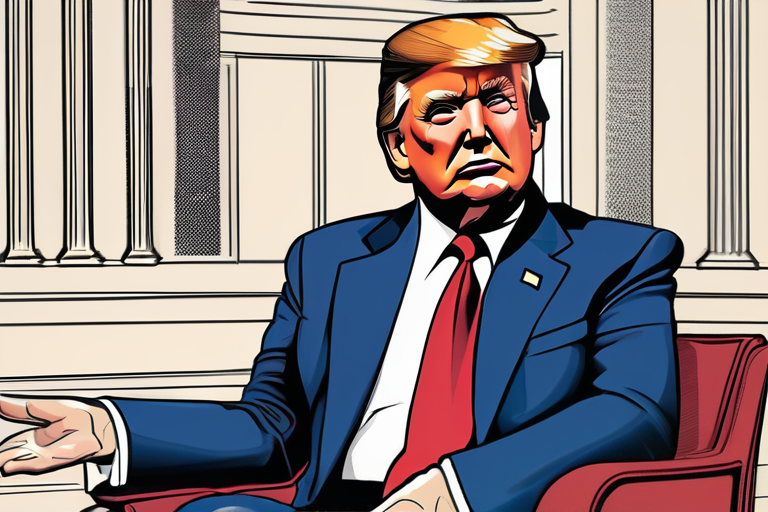


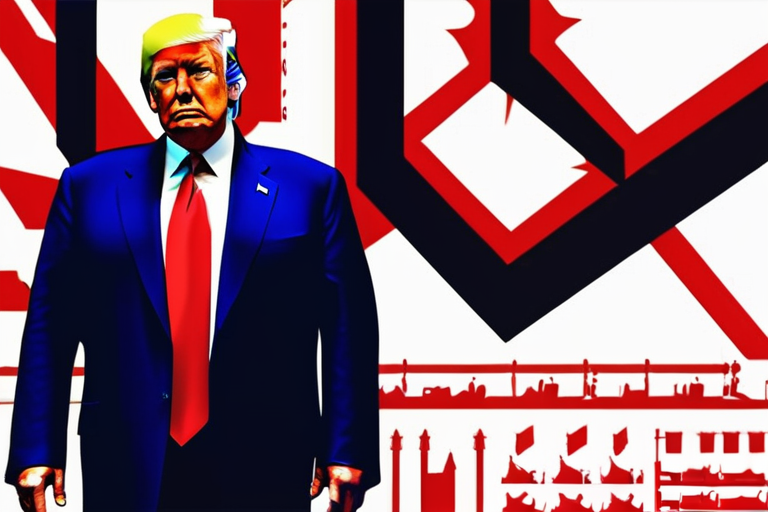

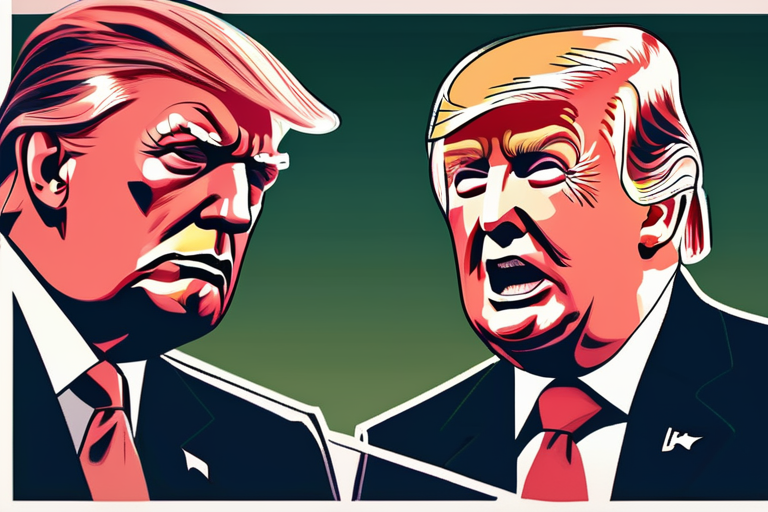

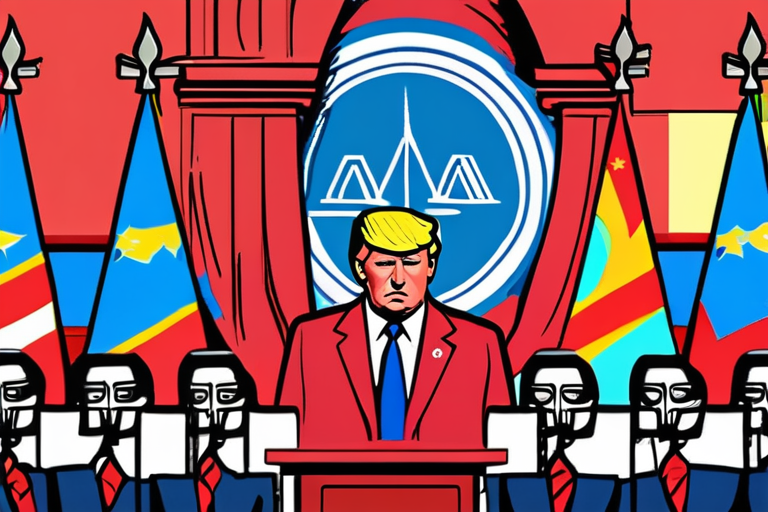
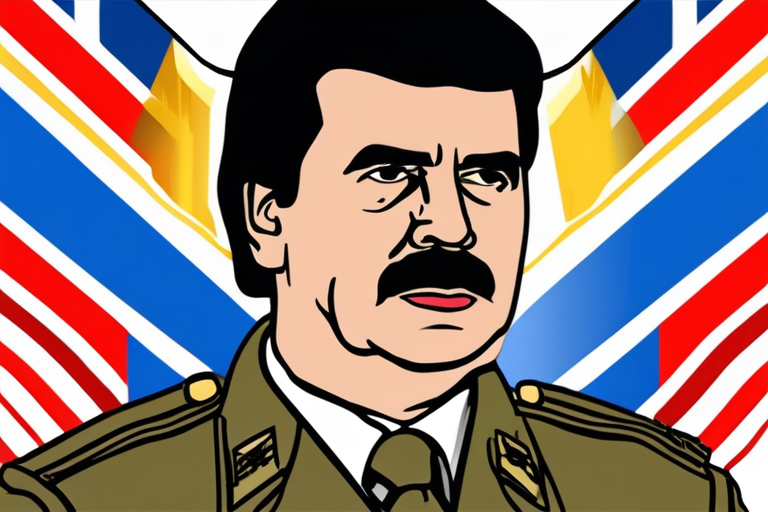
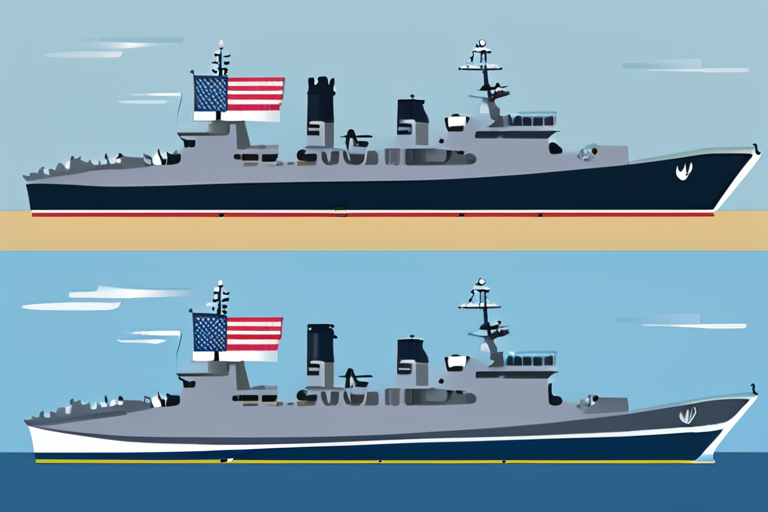
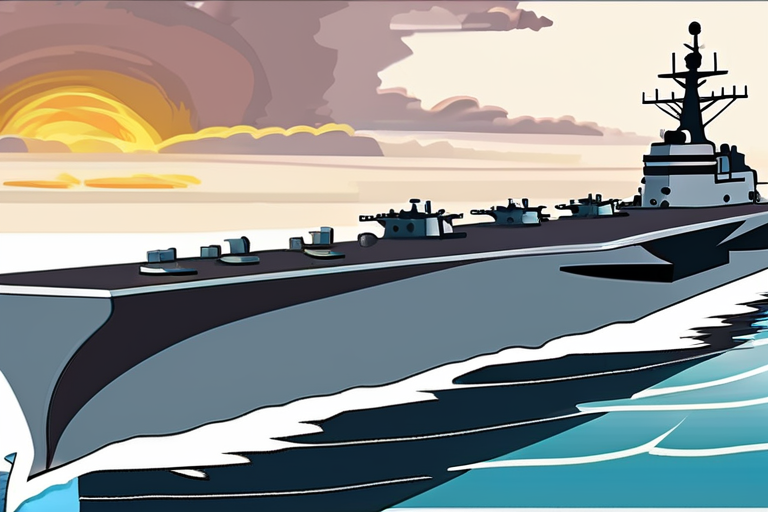
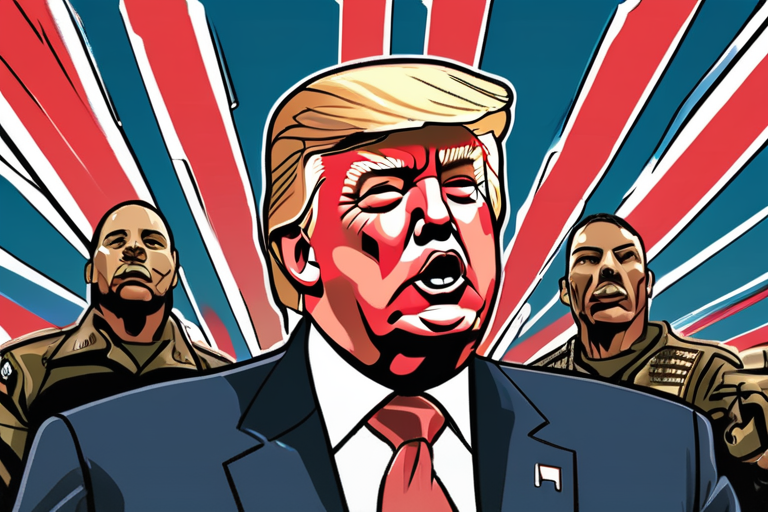

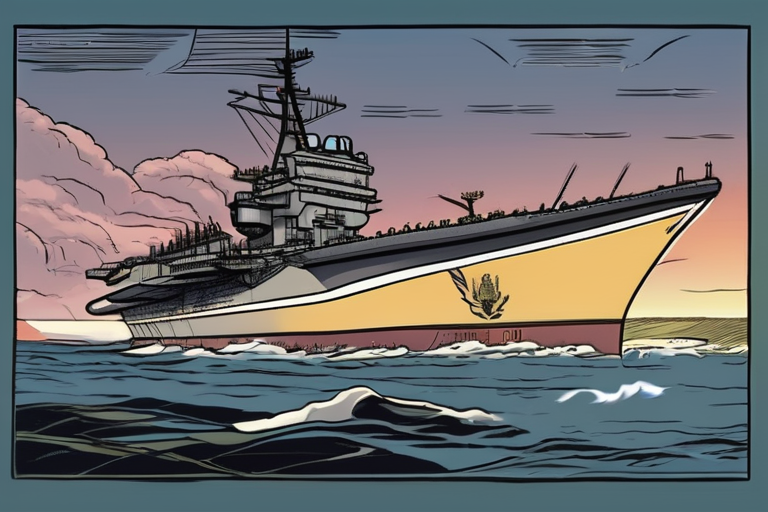
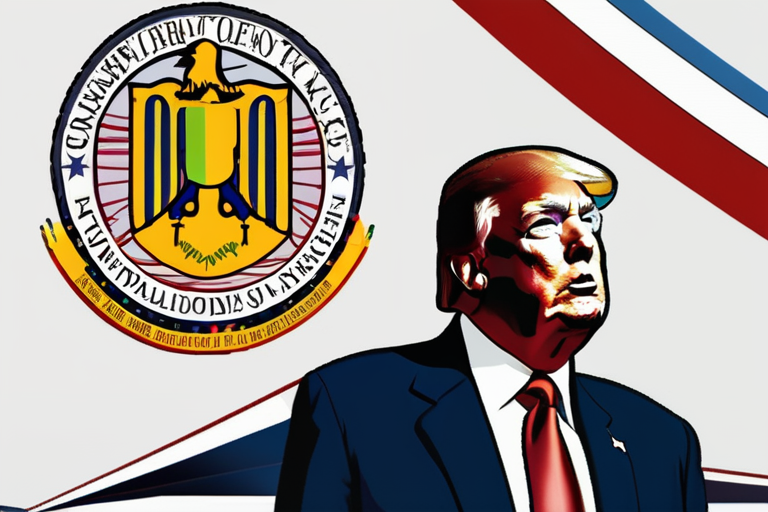
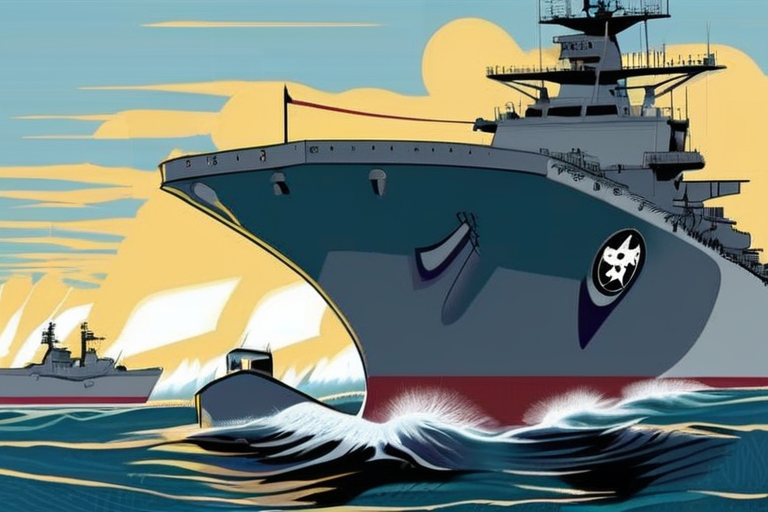
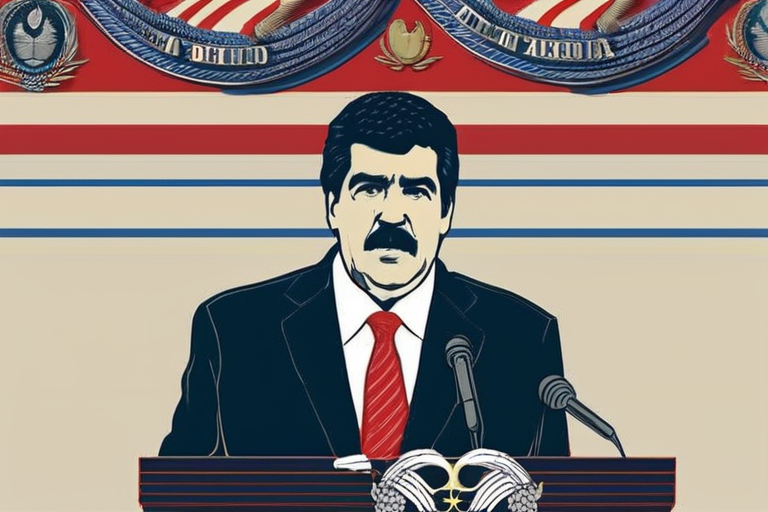

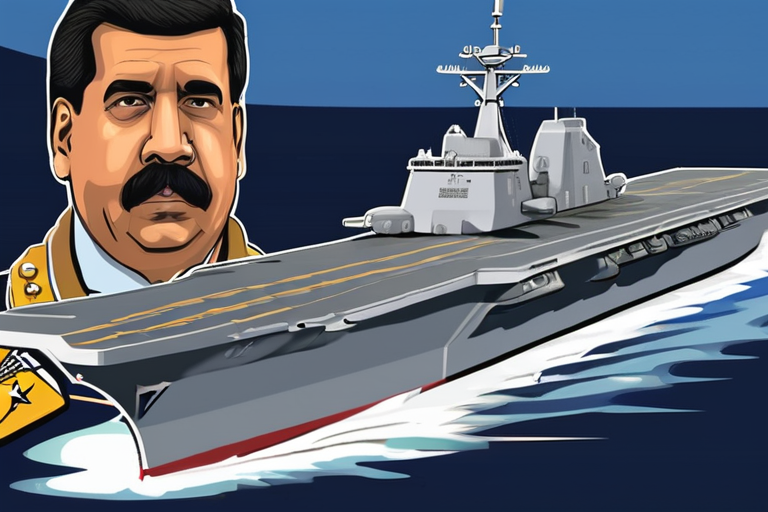
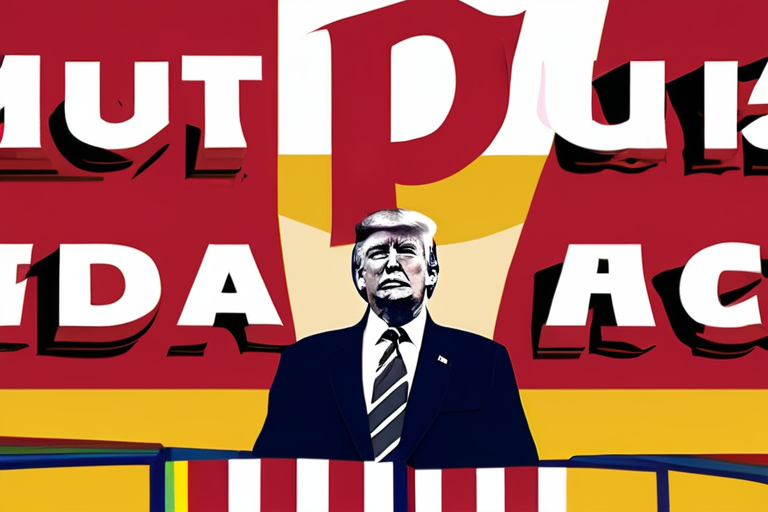
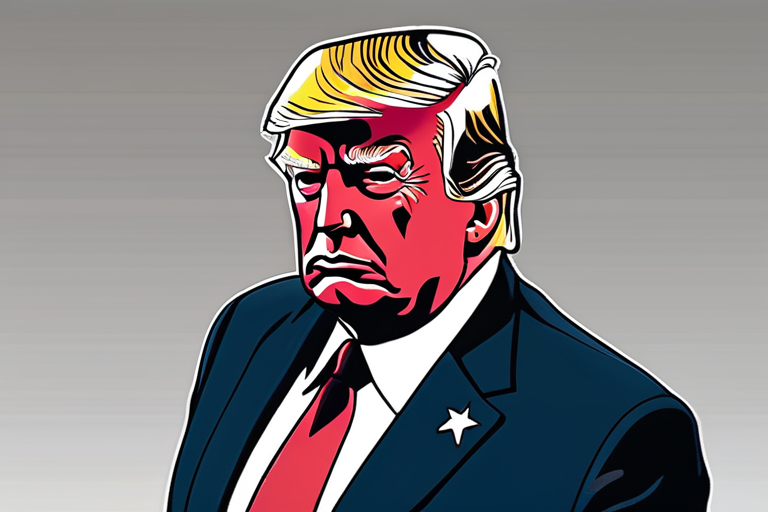

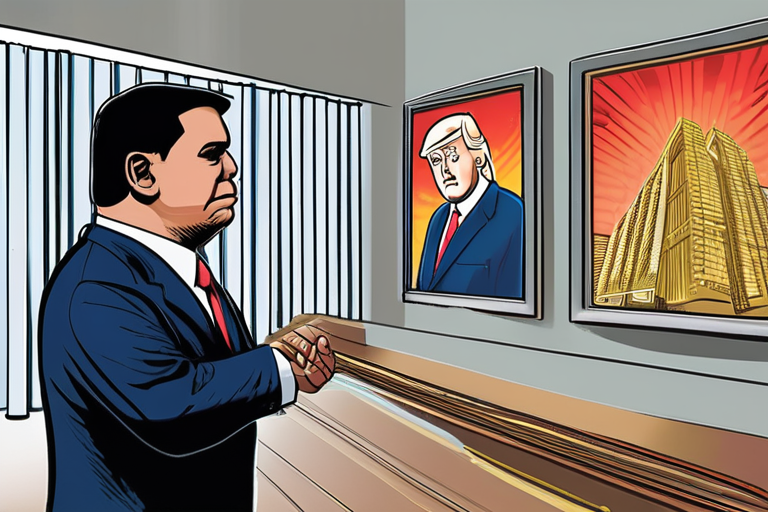
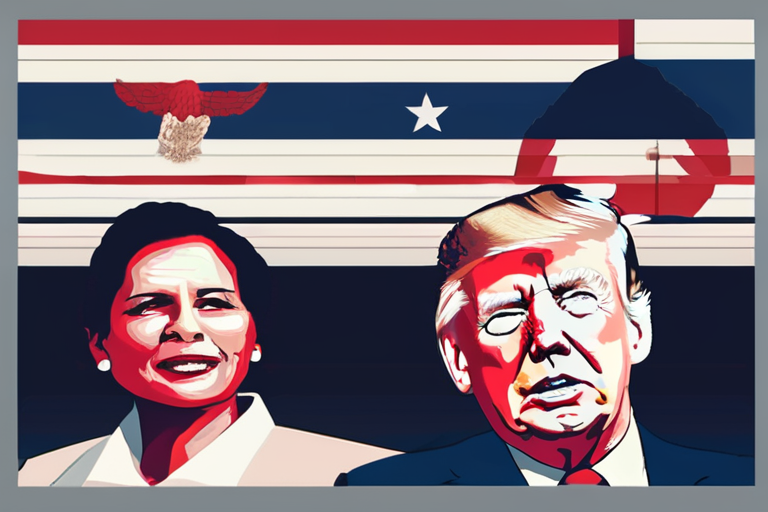

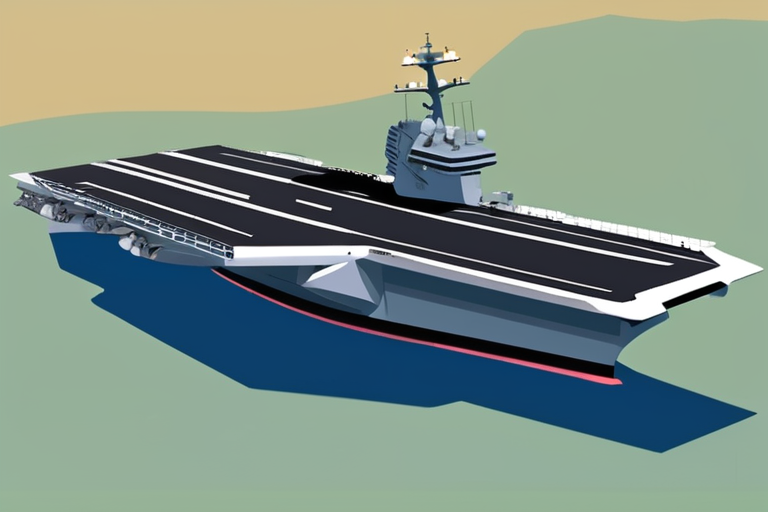
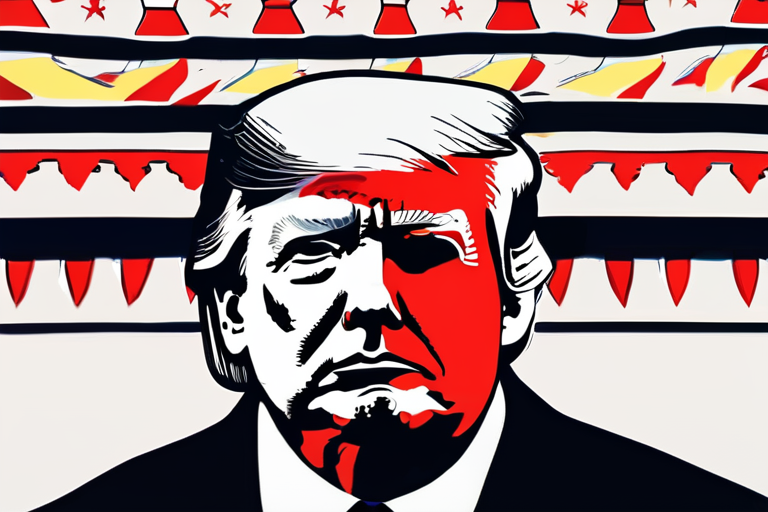
Share & Engage Share
Share this article